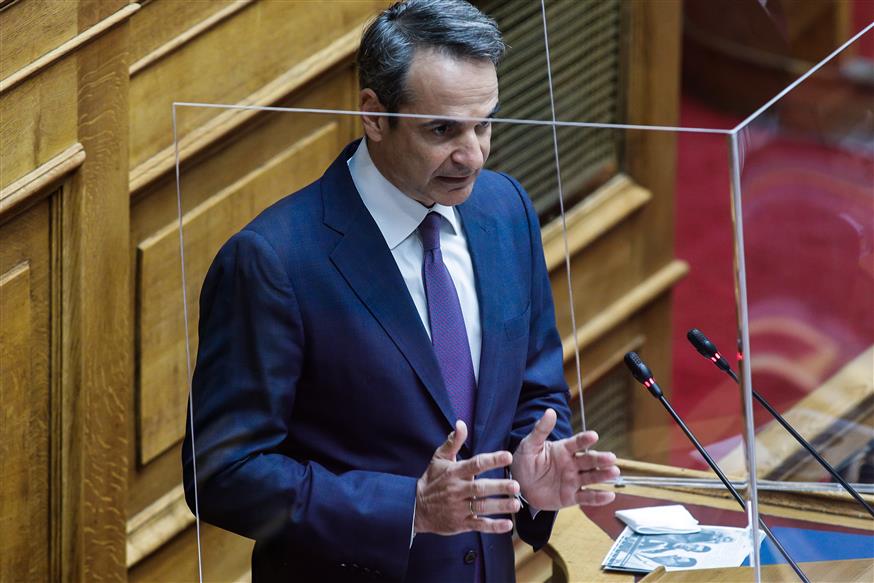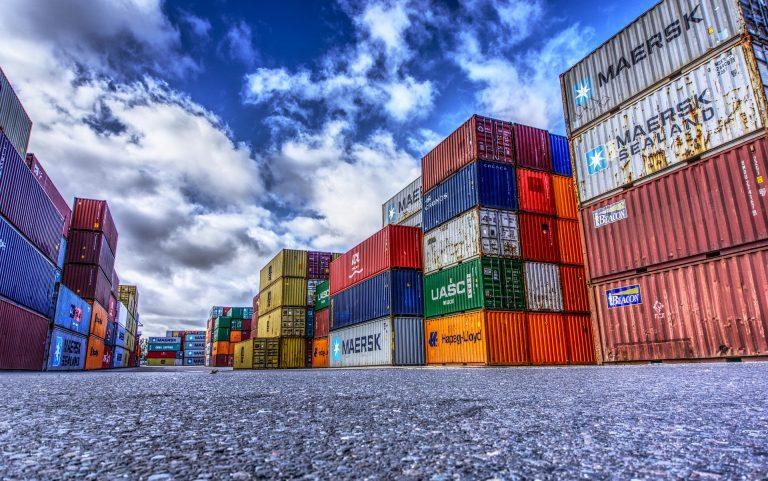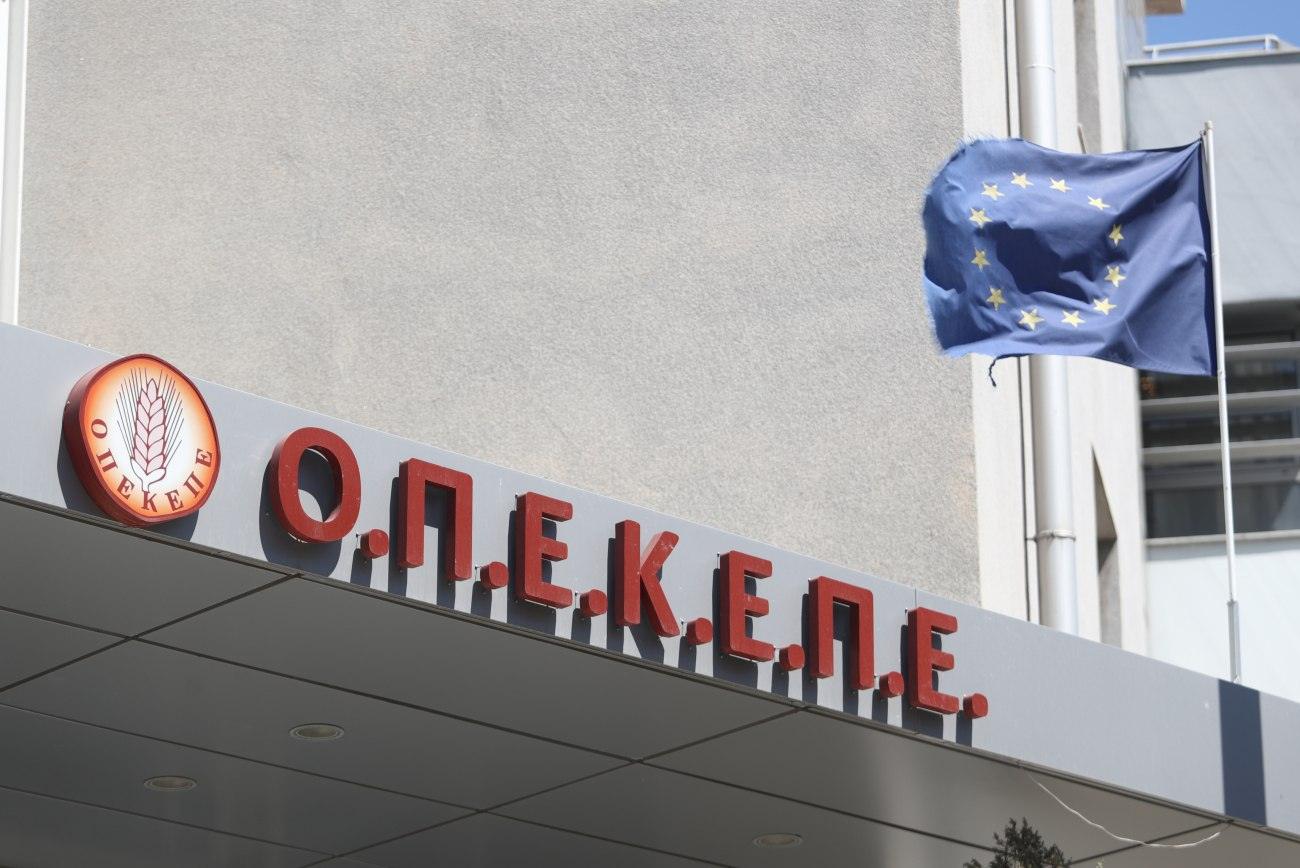On the positive news about the country’s prospects, such as the recent upgrade of Greece by Standard & Poor’s, as well as on “structural”, permanent solutions to strengthen citizens’ incomes, which it wants to implement in 2024, the government is moving on the economic front, recognizing however as the most basic horizontal problem the rise in food prices on the shop shelves .
A series of public opinion polls show the (political) pressure the government receives through supermarket prices and, in the midst of rapid international developments that trigger concerns, the Prime Minister’s staff puts the burden on efforts to maintain effective balances between social policy and of fiscal restraint.
The country “is in front of a historic window of opportunity as the right mix of economic policy and political stability are combined” was the message of Kyriakos Mitsotakis after the investment grade from S&P.
The development brought a confrontation with SYRIZA as Stefanos Kasselakis spoke of the need for there to be a “social level” and the government representative Pavlos Marinakis accused him of a “crazy announcement” and an attempt to downgrade a success, calling on him “returning to Greece to be informed of what the country has succeeded in the last four years in an environment of successive global crises”.
The biggest issue in the polls
The government exorcises any “shadow” in its narrative about the economy, considering it the strongest “card” against its political opponents. At the same time, citizens’ dissatisfaction and insecurity with inflation and profiteering register in polls, the government is investing in the effectiveness of measures such as more intensive controls and severe fines for large supermarket chains.
In the opinion polls for the last two months, inflation (and issues of the economy) are recorded by far as the biggest issue. The responses of citizens (MRB) to the assessment of government measures are indicative as concerns inflation: 55.2% consider them ineffective (of these, two out of ten are New Democracy voters), 35.8% consider them to be partially effective, and 4.8% answered that they are dealing with the problem.
Reaction scenarios
In this context and especially since all scenarios are open for the outcome of developments in the Middle East and therefore for the risks of a regional escalation, government and the competent ministers are opening their own scenarios for reacting to the consequences.
Government officials admit that the need for rescheduling is getting closer as long as there are no signs of de-escalation in the situation in Israel and Gaza. Moreover, the government should recognize that turbulences in the oil market can occur from one moment to the next depending on the developments.
At the same time, the government leaves open the possibility of a new network of support for households in everyday life, primarily the most vulnerable, given Mitsotakis’ commitment to scrape “the bottom of the barrel”.
The extension of the Market Pass for more categories of citizens has now returned to the scenarios, as it had been weighed and finally decided only for the flood victims, while in any case Herodos Atticus and the financial staff are on an open line to process every possibility.
Decisions are not expected to be locked immediately, before the government has a clear picture of the path state revenues will follow.



































